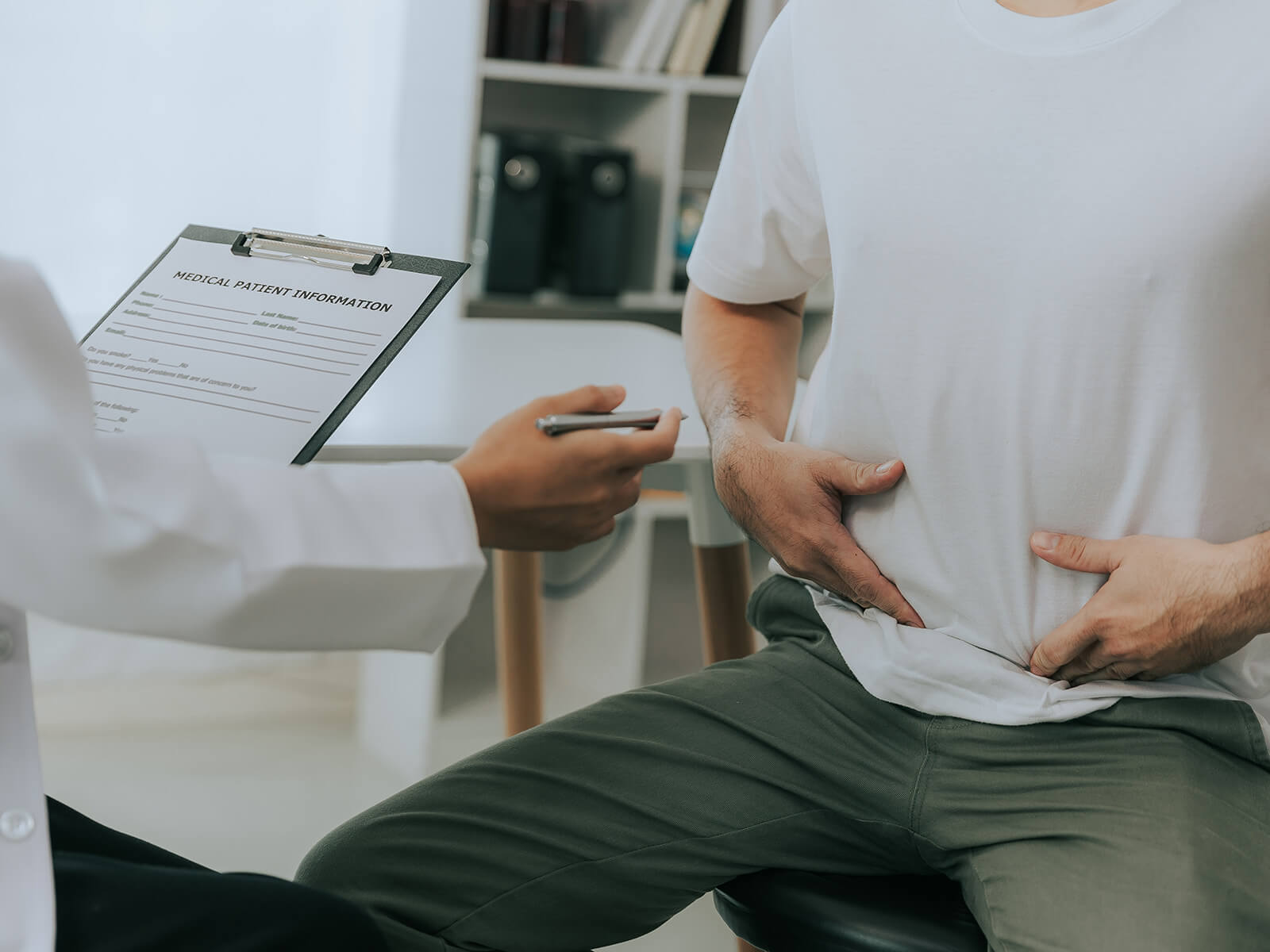
A diverticulum is a small pouch or bulge that forms in the wall of an organ-most often in the digestive tract (for example, Meckel's or duodenal diverticula) or in the urinary system (such as bladder or urethral diverticula). These pouches can remain silent or become problematic if they inflame, bleed, or cause obstruction.
Symptoms depend on the pouch's location. You may notice:
Diverticula form when pressure inside an organ pushes its lining through weak spots. Key risk factors include:
If you're experiencing pain, bleeding, or urinary issues from a diverticulum, don't wait. Schedule your appointment at GastroDoxs in Houston today for fast evaluation, clear answers, and a personalized treatment plan. Your path to relief starts here-book now and take control of your digestive health.
We've successfully treated more than 1.5K patients, helping individuals improve their digestive health and overall well-being through expert, personalized care.
With over 20 years of experience, GastroDoxs has been a trusted provider of gastroenterology care, focusing on delivering the best outcomes for patients
A diverticulum is a single pouch that forms in the wall of an organ. Diverticulosis refers to the presence of multiple pouches.
A Meckel's scan uses a small dose of radioactive tracer to detect ectopic gastric tissue in the small intestine, helping confirm the presence of a Meckel's diverticulum.
Yes. Duodenal diverticula can become inflamed, bleed, or compress nearby structures, leading to pain, nausea, or digestive disturbances.
Zenker's diverticulum typically causes trouble swallowing (dysphagia), regurgitation of undigested food, chronic cough, and sometimes foul breath.
Small bladder diverticula may simply be monitored. Larger or symptomatic pouches often require surgical removal or repair to prevent infections and urinary issues.
Yes. Urethral diverticulum is uncommon but can lead to recurrent urinary tract infections, post-void dribbling, pain, or discomfort during urination.
Not always. Many diverticula improve with dietary changes, increased fiber, and medications. Surgery is reserved for severe, recurrent, or complicated cases.
Yes. A high-fiber diet softens stool, reduces intestinal pressure, and can lower the risk of forming new diverticula or worsening existing ones.
At GastroDoxs in Houston. Our specialists diagnose and treat all types of diverticula with personalized plans, fast appointments, and clear explanations.
See your doctor if you experience ongoing abdominal or pelvic pain, bleeding, difficulty swallowing, frequent bladder infections, or urinary problems.